France is the most visited country in the world, from Paris and Normandy to the Riviera and the Alps, it’s not hard to see why. If you’re getting ready to go to France, don’t let poor planning ruin your vacation. Make sure you bring the right clothes for the season and all the essentials you’ll need.
Don’t forget to put a US-to-France power adapter on your packing list, so you’ll be able to keep your devices charged while you’re traveling. That way, you’ll have no trouble taking pictures, using mapping apps, and staying in touch with people back home.
You also don’t want to risk the integrity of your electronics by packing low-quality equipment that could damage them, so use this quick guide as your packing protocol!




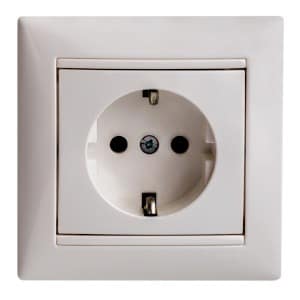
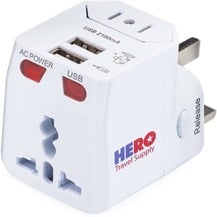
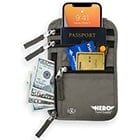



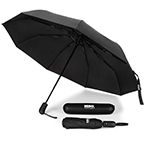
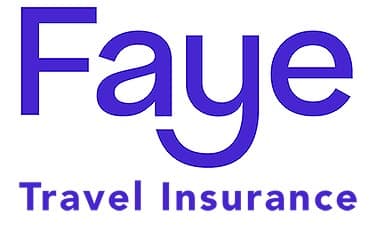




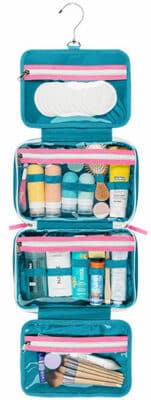


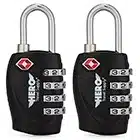
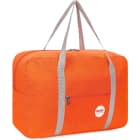

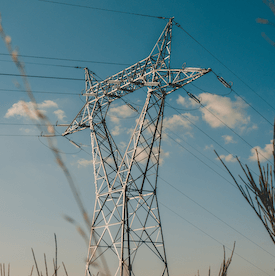 Electrical infrastructure across France is generally of high quality. Power outages primarily occur during storms, particularly in rural areas.
Electrical infrastructure across France is generally of high quality. Power outages primarily occur during storms, particularly in rural areas. Summertime is tourist season in France, thanks to the sunny weather between June and August. But that means places are more crowded, prices are higher, and things book up far in advance.
Summertime is tourist season in France, thanks to the sunny weather between June and August. But that means places are more crowded, prices are higher, and things book up far in advance. France is a fairly temperate country overall, although the weather varies considerably by region. Paris doesn’t generally experience extreme temperatures or get much snow, though rain is common.
France is a fairly temperate country overall, although the weather varies considerably by region. Paris doesn’t generally experience extreme temperatures or get much snow, though rain is common.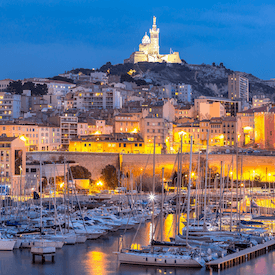 Every corner of France offers different things to do and see. All of France’s major cities – including Bordeaux, Nice, and Marseilles – have more than enough food, culture, and history to keep you busy for days.
Every corner of France offers different things to do and see. All of France’s major cities – including Bordeaux, Nice, and Marseilles – have more than enough food, culture, and history to keep you busy for days.